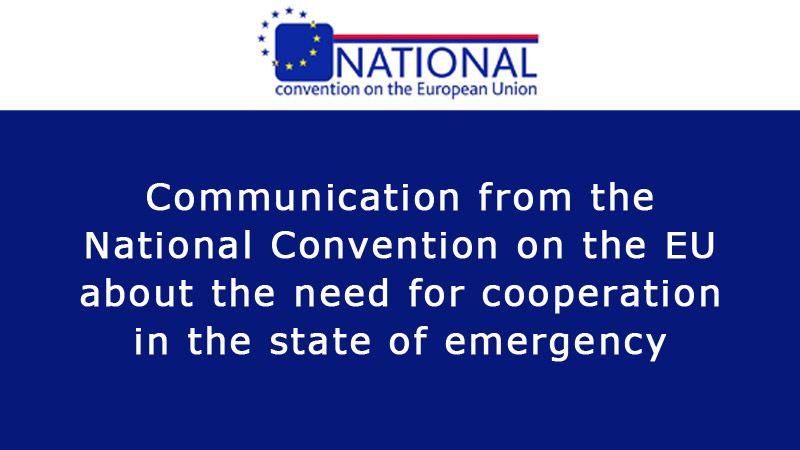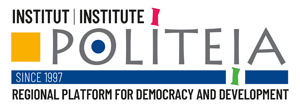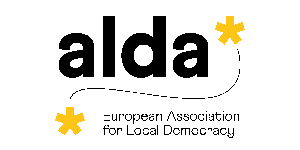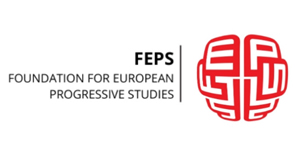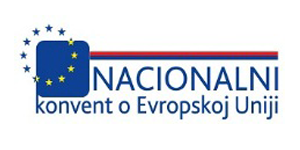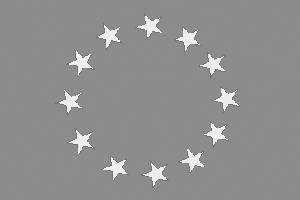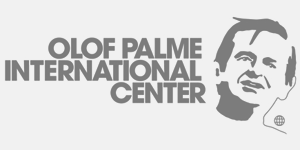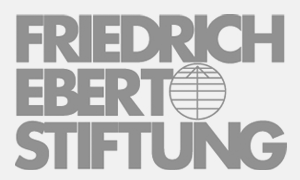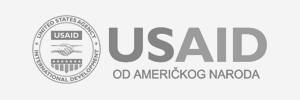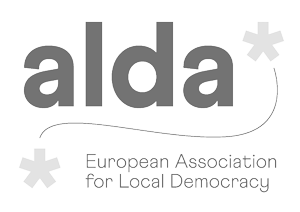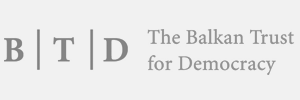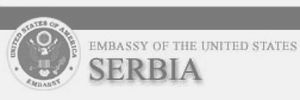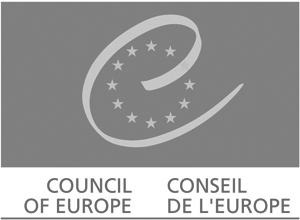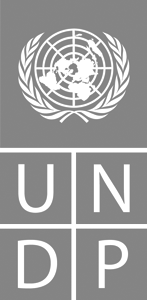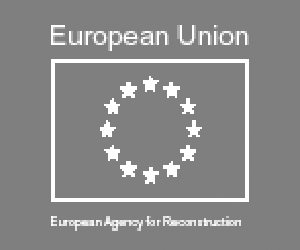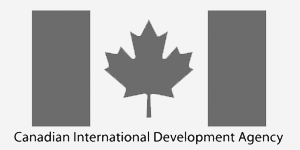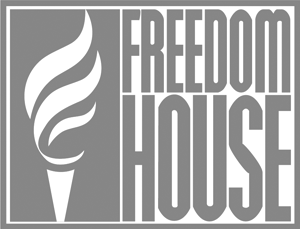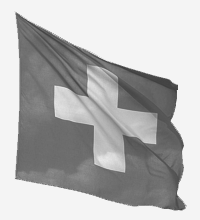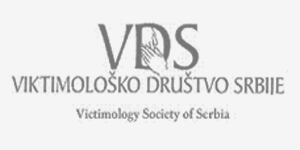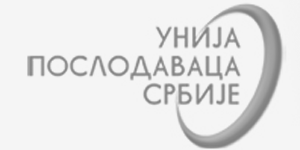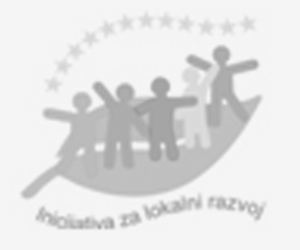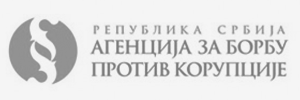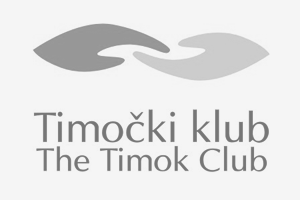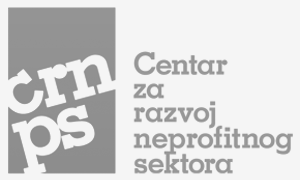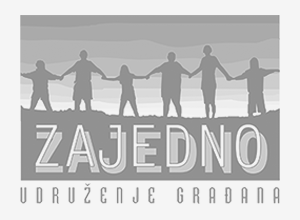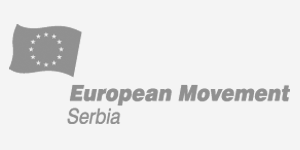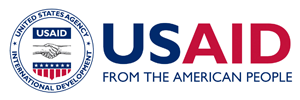Communication from the National Convention on the EU about the need for cooperation in the state of emergency
Center for Democracy Foundation (CDF), as coordinator of Working group and a member of the National Convention on EU Program Council, supported the NKEU Communication about the need for cooperation in the state of emergency
„The National Convention on the European Union, which brings together more than 700 citizens' associations, calls on state and local governments to recognize civil society organizations as partners in protecting the most vulnerable social groups in the face of the COVD19 pandemic.“
- State institutions and citizen associations are on the same mission - the state should recognize civil society as a partner
- The National Convention on the European Union, which brings together more than 700 citizens' associations, calls on state and local governments to recognize civil society organizations as partners in protecting the most vulnerable social groups in the face of the COVID pandemic19.
- Current situation in the Republic of Serbia, in addition to the priority need of the health care, care and treatment system, imposes urgent responses aimed at supporting socially disadvantaged individuals and groups. Assistance is needed for the elderly, disabled, single parents, beneficiaries of social benefits, beneficiaries and residents of various collective centers and institutions, as well as all other groups that were endangered even before the pandemic began. A significant number of returnees from abroad, as well as other residents that are able to work and have lost their jobs and income; many of them need help to survive the coming weeks and months.
- In order to meet these needs as effectively as possible, in addition to the capacity of the social protection system, it is necessary to engage civil society organizations that are otherwise focused on working with these groups and, as such, are a valuable resource in this situation. Although some organizations have suspended customer service due to lack of basic protection for their employees and volunteers, many of them, continue to work in the field in these conditions. Their field networks can be used as an additional channel for the distribution of assistance and support currently also limited by local government units.
- Therefore, we urge that all organizations that have direct contact with beneficiaries in the local community receive the necessary support, in order to be able to work and to respond to the needs of the most vulnerable citizens and socially disadvantaged groups in a timely and best possible manner.
- This entails, first of all, securing movement permits during curfews for activists and volunteers of grassroots associations so that they can reach all those who need their help, both in cities and in rural areas. It is also very important that they are provided with the necessary protective equipment, to prevent the spread of infection during the provision of social services.
- Associations active at the local level are ready to continue to implement the services provided so far, in cooperation with the local crisis staffs and centers for social wor, but also to further engage in providing assistance to citizens during the pandemic. That is why we urge state bodies and local self-government bodies to involve representatives of citizens' associations in the work so that coordination of support to the most vulnerable groups of citizens is carried out as effectively as possible. In addition, it is necessary to demonstrate the high degree of flexibility of these state bodies and local self-government units that currently fund projects of citizens' associations in areas of public interest. We urge that all activities be adjusted to the new situation and that planned payments to citizens' associations are made within the deadline, so that support to the most vulnerable groups is not compromised.
National Convention on the European Union (NCEU)
PUBLICATIONS
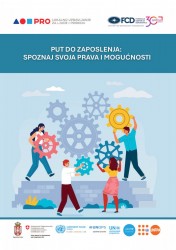 Manual “The Path to Employment: Get to Know Your Rights and Opportunities”
Manual “The Path to Employment: Get to Know Your Rights and Opportunities”
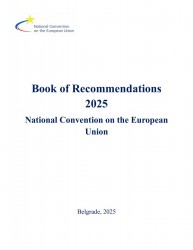 NCEU Book of Recommendations 2025
NCEU Book of Recommendations 2025
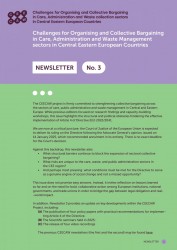 Challenges for Organising and Collective Bargaining in Care, Administration and Waste collection sectors in Central Eastern European Countries
Challenges for Organising and Collective Bargaining in Care, Administration and Waste collection sectors in Central Eastern European Countries
 Public Policy Proposals – Collective Bargaining (CEECAW)
Public Policy Proposals – Collective Bargaining (CEECAW)
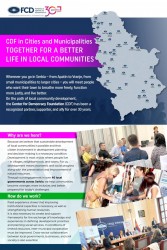 CDF in Cities and Municipalities: Together for a Better Life in Local Communities
CDF in Cities and Municipalities: Together for a Better Life in Local Communities
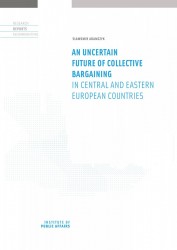 Comparative reports on collective bargaining - CEECAW
Comparative reports on collective bargaining - CEECAW
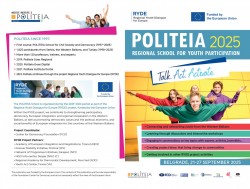 POLITEIA – Regional School for Youth Participation 2025 (leaflet)
POLITEIA – Regional School for Youth Participation 2025 (leaflet)
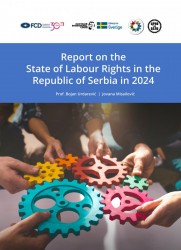 Report on the State of Labour Rights in the Republic of Serbia in 2024
Report on the State of Labour Rights in the Republic of Serbia in 2024
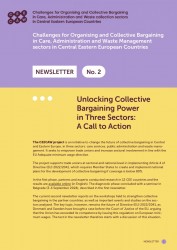 Unlocking Collective Bargaining Power in Three Sectors: A Call to Action
Unlocking Collective Bargaining Power in Three Sectors: A Call to Action
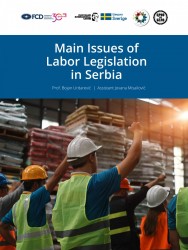 Main Issues of Labor Legislation in Serbia
Main Issues of Labor Legislation in Serbia
 New Monitoring Report by the “SDGs for All” Platform: Is the End Goal in Sight?
New Monitoring Report by the “SDGs for All” Platform: Is the End Goal in Sight?
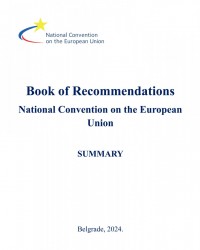 NCEU Book of Recommendations 2024 (Summary)
NCEU Book of Recommendations 2024 (Summary)
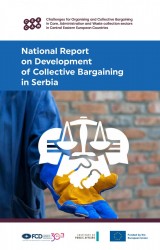 National reports on collective bargaining in Serbia - CEECAW
National reports on collective bargaining in Serbia - CEECAW
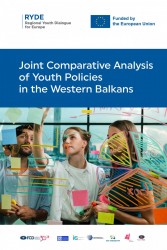 The Comparative Analysis of Youth Policies in the Western Balkans (WB)
The Comparative Analysis of Youth Policies in the Western Balkans (WB)
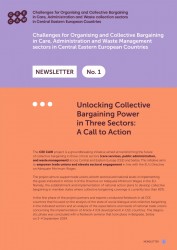 Unlocking Collective Bargaining Power in Three Sectors: A Call to Action
Unlocking Collective Bargaining Power in Three Sectors: A Call to Action
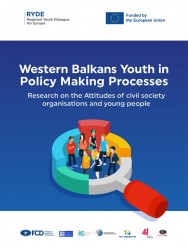 Western Balkans Youth in Policy Making Processes
Western Balkans Youth in Policy Making Processes
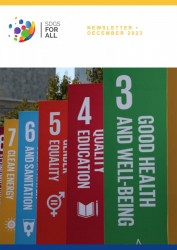 SDGs for All Platform newsletter (December 2023)
SDGs for All Platform newsletter (December 2023)
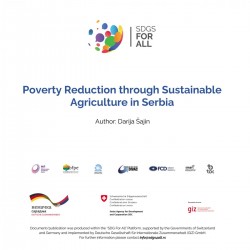 Analysis: Poverty Reduction Through Sustainable Agriculture in Serbia (with Summary)
Analysis: Poverty Reduction Through Sustainable Agriculture in Serbia (with Summary)


